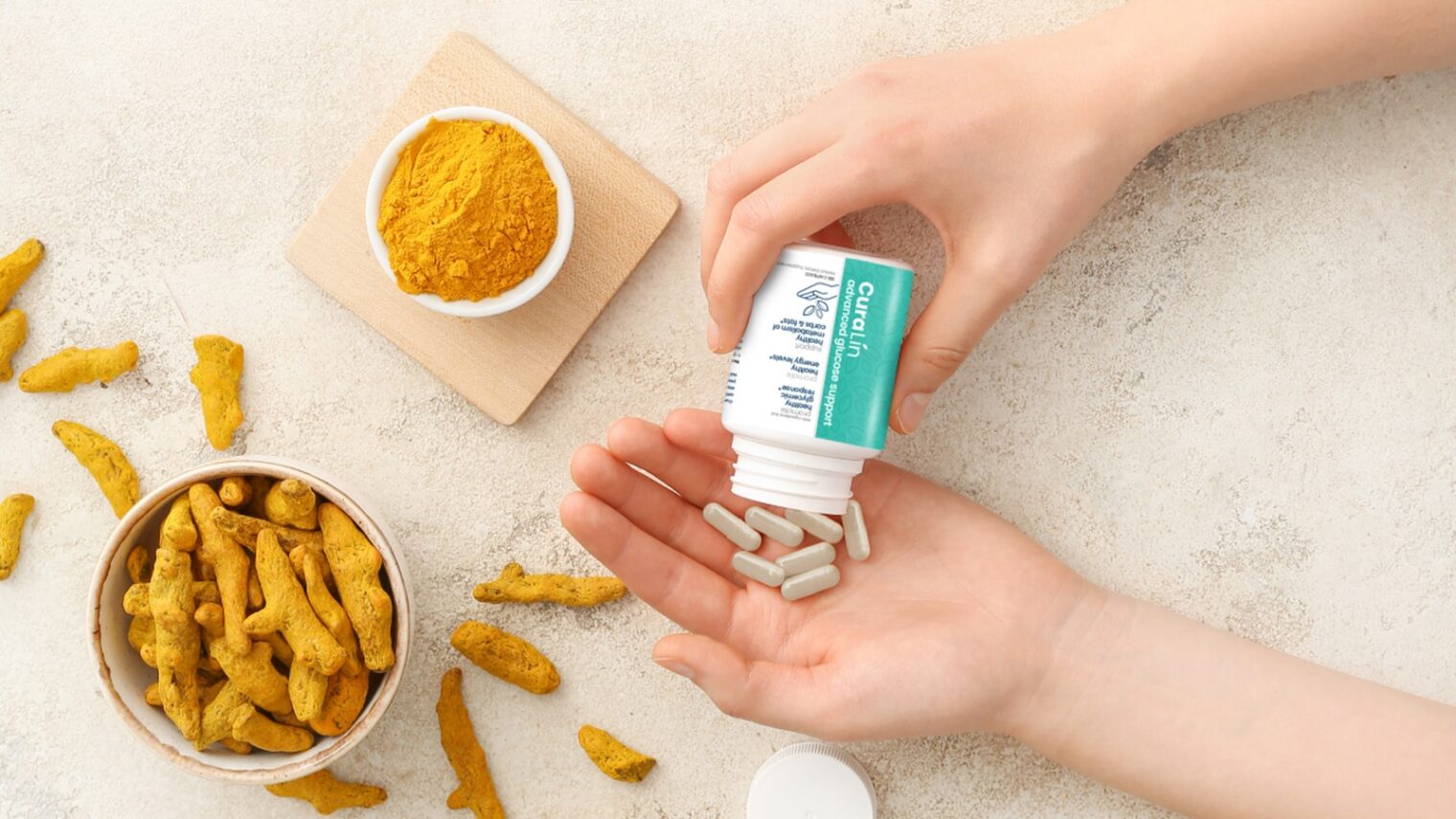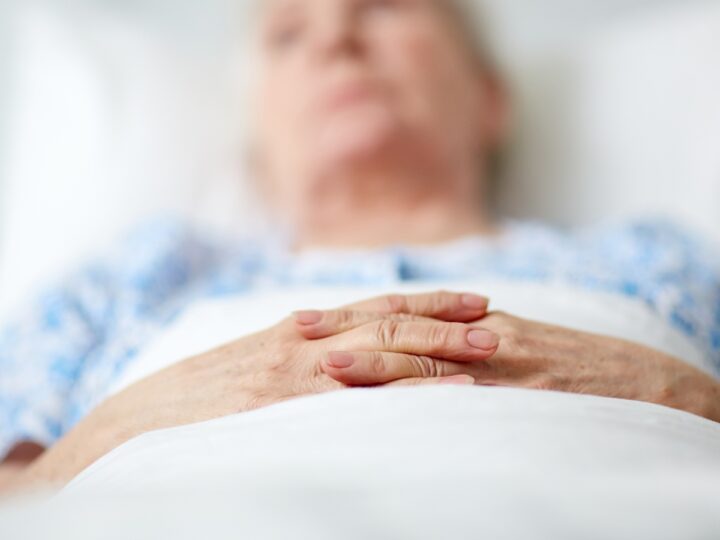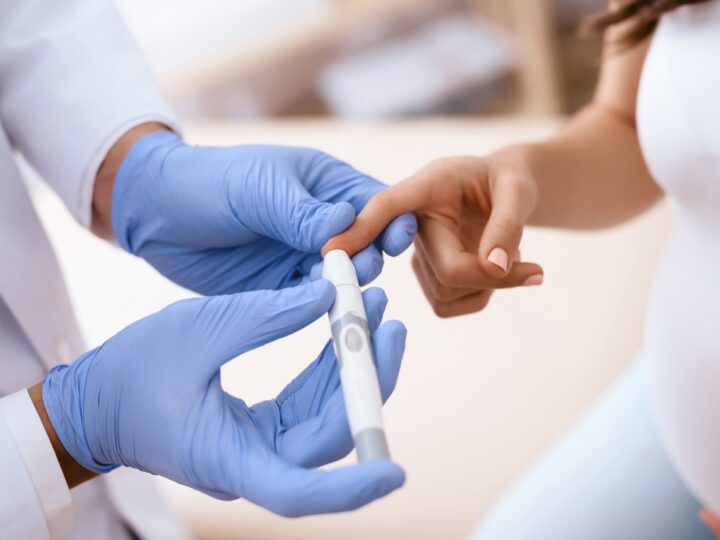My wife recently started seeing a doctor specializing in Ayurvedic medicine, an ancient Indian practice. The doctor’s recommendations included some major diet changes plus a medicine cabinet full of Indian herbs.
The visits were expensive, and my wife now has to keep track of which herbs to take when.
Wouldn’t it be easier to take a single pill – and to get it from your family doctor instead of a pricey specialist?
That’s the appeal of Curalife, the Israeli company that makes a supplement called Curalin.
The supplement is formulated to treat diabetes. It also has “off-label” anecdotal indications for stress reduction, improved metabolism and even insomnia.
Curalin is different from competing blood-sugar support supplements, “which sometimes take weeks or months to work,” claims founder and CEO Ron Elul. “We do it faster and better.”
The supplement contains nine Ayurvedic herbs, with names most Westerners will not be entirely familiar with: swertia chirata, bitter melon, gymnema sylvestre, picrorhiza kurroa, alma, syzygium cumini, fenugreek, turmeric and cinnamomum zeylanicum.
It is sold in 14 countries, with the focus on the United States. Elul says Curalin has already helped 100,000 people and his goal is to reach millions.
The impetus behind all this was Elul’s father, who was diagnosed with Type 2 diabetes.
Herbs and mindset
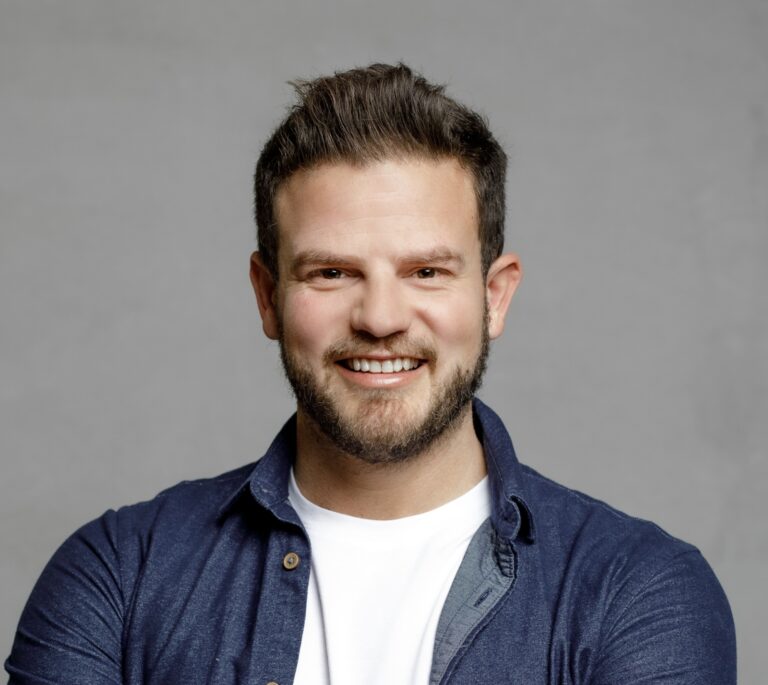
“As I watched my father struggle to maintain a high quality of life despite the constraints of his condition, I knew I had to find a way to help him,” Elul recalls.
“Like 70 percent of diabetics, he wasn’t able to get his diabetes under control with diet plans and taking treatments. It was progressing and that was scary. My grandmother and my uncle both passed away early from diabetes and its complications,” he adds.
That led Elul to focus in three areas: finding a natural supplement that is safe; increasing customer engagement around the entire care journey, including supplements, medications and lifestyle changes such as nutrition and movement; and a “mindset piece.”
“Diabetes is life-long with an average diagnosis in one’s 50s or 60s,” Elul notes. “You have another 20 to 30 years to live with the condition. There will be highs and lows, successes and failures, moments where you say, ‘How did this happen to me?’ and others where you have it all under control. That’s what I mean by ‘mindset.’”
Close to 600 million people worldwide have Type 2 diabetes, including 10% of the adult population in Western countries. A further 900 million have elevated glucose levels that impact their metabolism, Elul says.
Safety, transparency
What makes Curalin unique, says Elul, is not only the herbs but the science behind the extraction and production process.
“We understand that for many customers, the lack of regulation in the dietary supplement industry can be concerning. That’s why we’ve invested heavily in conducting clinical trials for Curalin,” he tells ISRAEL21c.
“We believe natural solutions need to adhere to the same levels of care that have been developed in healthcare” regarding safety, transparency and GMP (good manufacturing practices.
“Most supplements aren’t regulated or don’t require clinical proof,” Elul says. “We believe that will and should change. People need to know what they’re putting in their body. They need to know that it’s safe.”
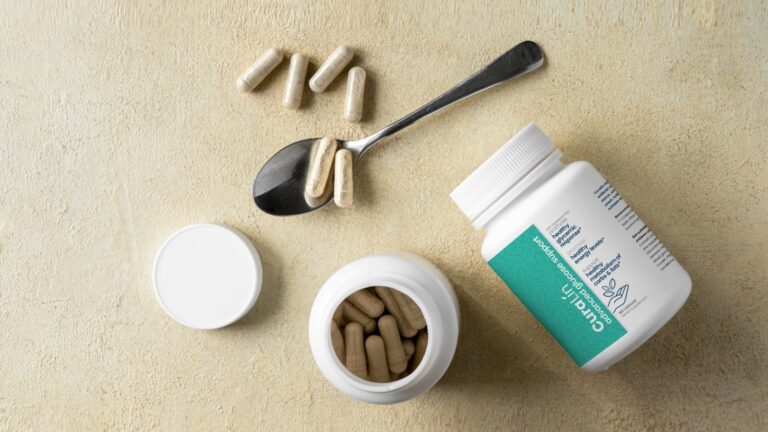
The results of a Curalife-funded double-blind placebo randomized trial, published in Diabetes Metabolism Research and Reviews, found that adding Curalin to ongoing therapy supported the reduction of HbA1c (glycated hemoglobin) – an indication of Type 2 diabetes, by 0.94% vs. 0.34% in the placebo group.
Elul says his startup applies Western standards to the process of extracting the most active compounds with the greatest amount of bioavailability, so that they’re released into the bloodstream in the most effective way.
Controversy
Curalife ran into a double whammy of criticism starting in 2021 when the US Food and Drug Administration (FDA) demanded changes to the Curalife website which the FDA said was misleading – specifically that Curalin is a drug rather than a wellness supplement. The wording has since been updated.
Then in June 2023, a clinical trial that was being conducted at Sheba Medical Center and other sites in Israel was stopped after the Ministry of Health claimed undeclared active ingredients in Curalin “may lead to a drop in sugar levels and cause dangerous hypoglycemia since this is an experiment involving diabetic patients who are simultaneously taking medications for type 2 diabetes.” An investigation is ongoing.
Meanwhile, consumers can buy a one- to two-month supply of Curalin for $75 from the Curalife website, other major online retailers including Amazon, and at close to 2,000 American retailers.
In addition, Curalife will soon sell two other products: a compact glucometer that communicates via acoustic soundwaves with your smartphone to monitor glucose levels and was created following the acquisition of Israeli diabetes startup GlucoMe; and “Bo,” a digital health companion inside Curalife’s health-tracking app to support behavioral changes.
Bo takes note of not only glucose levels but also water and food intake and more. It aims to provide personalized recommendations based on your preferences and what it learns about you through daily use. Blood-pressure monitoring may be added in a future version, Elul says.
Patient community
The company has also built a patient community which Elul says, “is the largest for people with elevated glucose levels,” with 110,000 members.
This is Elul’s fourth company; he previously worked in fintech, ad-tech and renewable energy. “My passion is combining business and impact. It’s what gets my juices flowing,” he tells ISRAEL21c.
Founded in 2014 by Elul along with Tal Zimmerman, Ofer Yigda and Haviv Almog, Curalife was bootstrapped until 2021 when the Catalyst Fund joined the company to boost growth and scale. Meanwhile, Curalin was launched in 2018.
The company, which aims to extend its line with products for anxiety and cognitive decline connected to elevated glucose levels and diabetes, now has a team of 26 with offices in Tel Aviv, Dallas, Barcelona and Riga. Elul says Curalife has sold “just shy of one million units to date with revenue reaching eight figures.”
What’s next for Curalife?
The Hamas-Israel war has certainly affected many Israeli startups, but Elul says that though times are challenging, thanks to the company’s customers “who continue to purchase and advocate for our product we are able to maintain business stability and contribute positively during these difficult times.
“We are immensely proud to be an Israeli startup and are proud of our country. Despite the challenges we face, our commitment to our nation, our people, and our values remains unwavering,” he says.
“Above all, our most heartfelt wish is for the safe return of all hostages, and for a peaceful resolution to the conflict. We remain in belief that through business partnerships we can build bridges and prosperity.”
For more information, click here.




